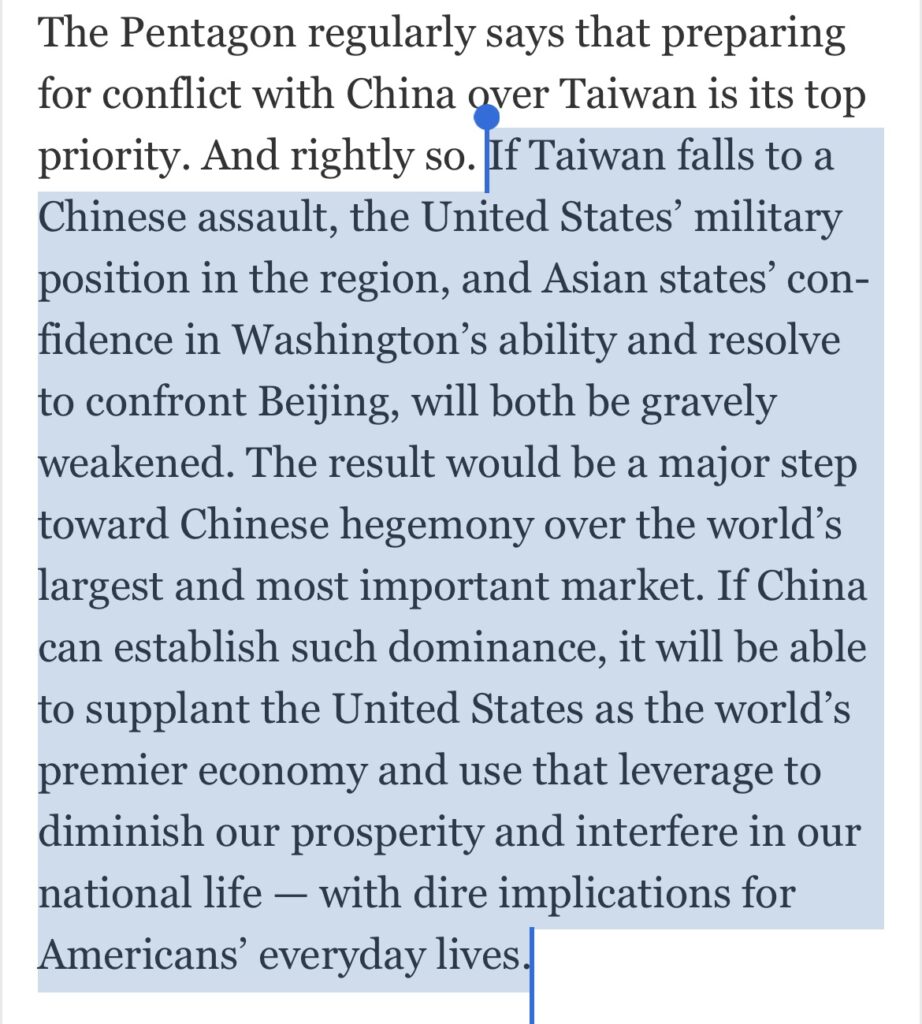Editorial cartoonists Ted Rall (from the Left) and Scott Stantis (from the Right) analyze the week in politics, and what’s coming up next. Tune in for informed passionate debate between two best friends who prove that it’s possible to disagree while remaining civil.
A controversial compromise bill negotiated between President Biden and House Speaker Kevin McCarthy goes to the House of Representatives for a vote. Meanwhile, the clock is ticking. Will the US government default on June 5? Even if this bill gets through, is it too late to preserve America’s credit rating?
Donald Trump has a full slate of new primary rivals for the GOP presidential nomination, most notably, Florida Governor Ron DeSantis, who had a disastrous launch and is now seeing his polls go exactly the wrong direction, and former Vice President Mike Pence. Does Trump face any credible threat from these competitors?
Florida Governor Ron DeSantis has made a name for himself, declaring war on “woke,” even including Disney in his campaign to demonize LGBTQ people. Why do Republicans keep waging culture war even though it’s a loser at the polls? Also: separating reactions to gays and lesbians from controversies over transgender people.
Watch the Video Version of the DMZ America Podcast:
DMZ America Podcast Ep 103 Sec 1: Debt Ceiling Madness
DMZ America Podcast Ep 103 Sec 2: Gaming the GOP Primaries
DMZ America Podcast Ep 103 Sec 3: The War on Gay


